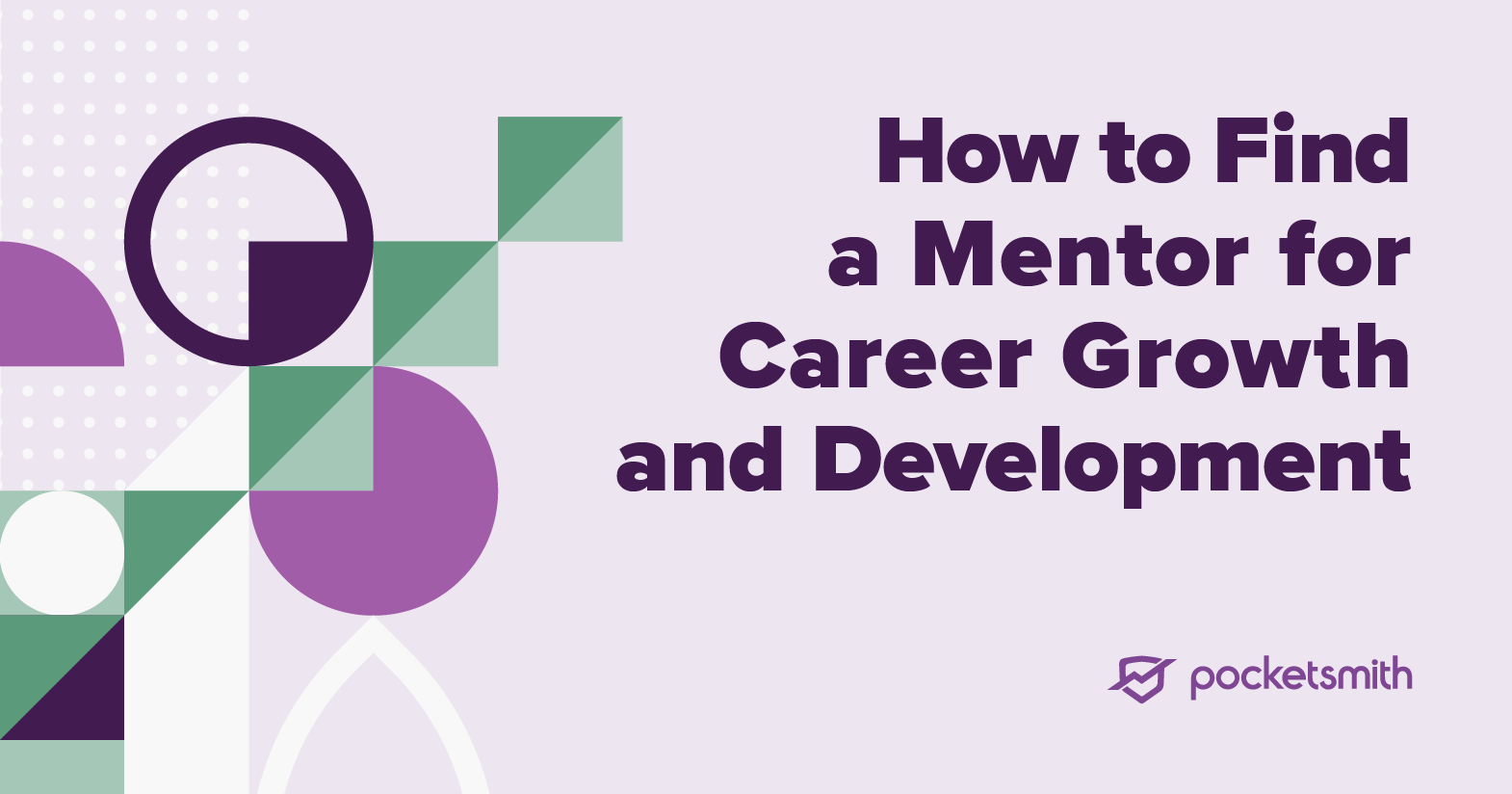
A positive mentorship can be a powerful tool for career growth and development. Having someone in your corner to teach and guide you can help drive your career, as well as provide you with new opportunities you may not have been exposed to before. If you are thinking about seeking out a mentor, but are unsure of where to begin, these tips can help carry you through the process of a future mentorship.
A mentor is someone who provides you with tools and advice to guide you towards your goals, whether they are personal or professional. With this in mind, it is important you know the difference between a good mentor and a bad one, so that you make the most out of your mentorship.
A good mentor will be encouraging, passionate, and supportive, whereas a bad mentor may be more pushy, emotional, and have a know-it-all mentality. To truly know if your mentor is invested in your partnership and helping you, they will advise you of potential failures but allow you to make the final decision. Additionally, they will ask you questions pertaining to your work, such as “what do you want to do,” and “how can I help you achieve this?” By taking the time to double-check that your potential mentor is as invested in your career as you are, you will find a beneficial and successful partnership.
A large part of your mentorship will be focused on working towards achieving your goals and it is crucial that you be specific about what you are looking for. That way, they can support you as best as possible. When you enter your mentorship, you should have an idea of what you want your short-term and long-term goals to be. Short-term goals are designed to be achieved within six months to three years. Long-term goals are designed to be achieved within three to five years. Depending on your workload and specific goals, these timeframes may vary.
CEO Robert F. Smith states, “The opportunity for access should only be limited by the fierceness of your intellect and the courage of your creativity.” Keep this in mind as you discover your career path and develop your goals. You are the creator of your success, so consider your passions and drive when establishing your goals with your mentor.
Career networking can assist you in your search for a mentor. Not to mention, there are many benefits that come with the process of networking. You can gain exposure to new opportunities, and share new best practices with your colleagues. On the topic of networking, Author Seth Godin states, “Networking that matters is helping people achieve their goals.”
You can build out your professional relationships in two ways: formal networking and informal networking. Formal networking consists of scheduled events for various professional associations to attend, so be sure to bring your business card and don’t be afraid to talk to people you don’t know. Informal networking is more casual and can happen in your office on your lunch break, or even through networking platforms such as Linkedin or Facebook. In your day-to-day conversations you may just find that through building out these relationships, you could meet someone that could become your future mentor.
When it comes time to finally choose your mentor, keep each of these aspects in mind. You are going to be working closely with them, so it is important that your work styles and schedules align in some way. Your mentor does not necessarily have to be someone who works in the same specialty as you. Instead, it may be someone who you want to emulate or someone who works in a department that you have developed an interest in.
By working with a mentor, you will ultimately learn and discover more things about yourself and your career. This can help drive you to future success and opportunities that could possibly even lead you to mentor an individual down the road. By following these tips, you can find the perfect mentor!